Greetings, book and treat people! It feels like it’s been a million years since I did a regular newsletter—probably because it’s been over a month! I enjoyed making a few massive booklists (100 Trans Books I Love and All the Books I’ve Read So Far for Queer Your Year) and it was cathartic to finally write about Rebecca and how it’s a queer tragedy. But I am happy to be back to our regularly scheduled programming, with three book recs on a theme and additional bookish ramblings.
First, I want to thank everyone who’s donated to the April Books for Trans Rights Fundraiser. We’ve already raised $900 and I think we can raise $1,000. The fundraiser will stay live through the end of April, and there are still a ton of amazing books available! Some examples: Edwidge Danticat’s classic The Farming of Bones; Ryka Aoki’s debut novel He Mele A Hilo; Future Home of the Living God by Louise Erdrich; Fat Off, Fat On by Clarkisha Kent (it just came out!); and a new drag biography, Who Does This Bitch Thinks She Is? by Craig Seligman. Check out the full list and make your donation here.
This week’s books are inspired by 1,000 Coils of Fear, which I have not been able to stop thinking about. It’s structured mostly as a conversation, and it got me thinking about other books I’ve loved that feel like conversations. All of these novels are about how we talk—to ourselves and to each other.
The Books
1,000 Coils for Fear by Olivia Wenzel, translated by Priscilla Layne (Fiction, 2022)
I’ve always been fascinated by how people think. I know some people think in images, and not words, which it’s so neat and also I cannot fathom it. My internal landscape is a running narrative commentary. It is always words. I am constantly talking to myself inside my head, and even when I’m not, I am still thinking in words. I process everything verbally.
Most of this book is structured as a conversation between the narrator, a queer Black East German woman, and herself—her alter ego, a voice inside her head, her brain, her heart, something. It’s not clear. I don’t think it matters. Is she actually having a conversation? Or is this novel supposed to be strange, surreal? Wenzel is a playwright, so maybe the conversation is just her way of dramatizing. Again, I don’t think it matters. It’s an incredible storytelling device and it works brilliantly. The conversation jumps and ranges and shifts in tone and subject matter so quickly.
My life shares little with the narrator’s, but I’ve never read a book that captures so well what it feels like to be inside my head. To be in constant conversation with myself. To think in words. This book feels so familiar and close, some strange working of the mind made visible in text. The narrator might be in the middle of a monologue—she’s thinking about her ex-girlfriend, wondering what to do about an unexpected pregnancy, ruminating on her messy relationship with her Angolan father—and then bam! in jump this voice with some seemingly unrelated question. The voice responsible for the half of the conversation that isn’t the narrator is loud and prickly, it prods, it dissects, it speaks in all caps, it repeats itself, it’s insistent and discouraging, it’s truthful and tender. It’s unlike anything I’ve ever read in print.
There is so much movement—through time, on trains and plans, through memory, through emotion, around cities. But mostly there’s the movement of thinking. The voice asks question after question—silly, serious, apparently random, heavy. Sometimes the narrator answers, sometimes she deflects, sometimes she asks a question back. Sometime the dialogue is witty and sharp, a quick back and forth that’s agile, sizzling. Sometimes it’s mostly silence.
Much of the book is concerned with reckoning. The narrator is reckoning with the grief of her brother’s death by suicide, her family’s history in East Germany, her strained relationship with her mother, the racism she deals with on the regular, therapy, the end of a romantic relationship. She’s in Berlin, she’s in New Youk, she’s in Vietnam, she’s in the small town where her mother lives. She’s circling around and around, looking for a soft place to land. I would have loved this novel had it been written in a straightforward first person narrative. It’s funny and sharp and moving. But Wenzel’s choice to write it as conversation, to make it a book not so much about events, but about the mechanisms of processing events—this turns it into something extraordinary.
This book feels experimental, but unlike some experimental novels I’ve read, the experiment does not feel like the point. Is it possible to translate what it feels like to think onto a written page? Is it possible to capture the weirdness of living inside our own heads in words that other people can read? These, to me, feel like the questions Wenzel is trying to answer. The book doesn’t answer them, really—the best books never answer questions—but it grapples with them, beautifully.
Mimosa by Archie Bongiovanni (Graphic Fiction, 2023)
This is one of the truest and most painfully (and sometimes joyfully!) visceral books I’ve ever read about being queer in your thirties. I love books about queer found family and friend groups, but even in the ones I love the most, I can’t always recognize myself and my own life. Sometimes they just feel too close, too easy. Not this book. It’s about a group of queer and trans friends in their thirties. There’s Chris, a nonbinary single parent who’s struggling after a messy divorce. There’s Jo, who’s balancing two jobs and under a lot of financial stress; Elise, who’s caught up in an affair with her boss; and Alex, an artist with a breezy “no worries” attitude about everything.
This book is about the conversations we don’t have with our friends, and why. It’s about how easy it is to get caught up in your own little world. It’s about intersecting circles of loneliness and pain and isolation, and how hard it can be to step out of your own little circle—bad date, fight with your ex, stress at work, no one called you to check in—and into someone else’s circle. Look, sometimes your dearest friends don’t respond to your texts and it’s not because they don’t love you. Sometimes your queer fam doesn’t show up to babysit your kid, even though they know you need help. Sometimes you go on a bad date and venting to your bestie about it doesn’t help. Sometimes you forget to call someone back. Sometimes you can’t just put aside all the shit you’re going through to show up for someone else. Sometimes you forget that you are not alone, and you let that feeling take over, for days, for weeks.
So many books about queer families focus only on the good parts—on the unconditional love, and the ways that queer and trans folks show up for each other, and the kin structures we built outside of nuclear families that keep us alive. This book is about all of that, too—the characters aren’t exclusively terrible to each other, I promise—but it’s also about all the ways we fail each other, big and small. I can’t explain what a relief it was to read. Friend groups aren’t perfect! Queer families don’t always last forever! Sometimes we make mistakes and hurt the people we love, and sometimes we talk it through and those friendships get stronger, and sometimes we don’t talk it through, sometimes we break something that was good, and friendships end. I recognized myself and so many of my dear ones in these characters—not because we’re living in some kind of queer utopia, but because we’re not.
Another thing this book does brilliantly, and which made me love it a million times over: it recognizes how hard is is to create queer family and friend structures that last, especially as a single person. We don’t live in a world that’s set up for this. Even if you surround yourself with queer people, even if you’re lucky enough to live a queer life—reader, it’s still hard. It’s just really fucking hard. I’m not saying it’s impossible, and I’m not saying that queer folks who settle down with romantic partners and have kids are doing something wrong or bad. I’m just saying—people in my circles talk so much about centering friendship, about the importance of queer kin networks, about valuing and nurturing intimate relationships that are not easily legible. Yes, yes, yes, amen, I agree. And also. Living that out is hard. Especially if you’re a single parent. Or if you are partnered, and you’re living with your partner. Or if you’re an introvert who needs a lot of alone time. Or if you’re single. Or if you retreat into yourself when you’re sad. Or if you’re coparenting. Or if you’re also close to your family of origin.
Do you see where I’m going with this? It’s hard no matter who you are. That’s what this book is about: it’s hard to show up. It’s hard to be in community. Friendship is hard! Family is hard! Dating is hard, and so is parenting. It’s all hard, and it’s all worth it. This novel is funny and smart and so heartbreaking and so hopeful. I read it in one long sitting. I have rarely felt so seen by a book.
How Not to Drown in a Glass of Water by Angie Cruz (Fiction, 2022)
Let me start by saying that the audio of this novel is truly exceptional. I’m sure it’s good in print, and if you don’t/can’t do audio, I still recommend it. But if you’re an audiobook person, I implore you to listen to this book. It was made to be read aloud, it feels like a play, and Rossmery Almonte gives the performance of a lifetime.
Cara Romero is a Dominican woman in her 50s who’s just been laid off from the lamp factory job she thought she’d have her whole life. She gets set up with a job counselor, and over the course of 12 sessions, she tells this woman her life story. The novel is essentially a monologue. The counselor exists—she’s crucial, in fact, because she provides a space where Cara can simply talk, uninterrupted, about whatever she wants—but she fades into the background. Cara is the story.
Cara’s voice is irresistible. She’s funny and charming. She goes off on a million tangents. She tells great stories about her family, the people in her building, her former coworkers. Is this series of monologues realistic? Who cares! The structure works so well because it feels true to who Cara is. She arrived alone in the U.S. with her young son and has worked to build a good life, despite obstacle after obstacle. She is angry and full of love. She’s loves gossip. She complains. She is carrying so much buried trauma that she pushes and pushes and pushes away. She is kind and caring and selfish and often oblivious. She sometimes feels alone and unseen and unacknowledged. She loves making people laugh. She’s exhausted. She obfuscates. She spends a lot of time telling the counselor about all the ways she’s been wronged, and it takes a while for her to come around to the ways in which she has wronged others.
There’s a lot going on in Cara’s life—she talks about her family, her struggles with debt, gentrification, her role as caretaker for her neighbor, her dreams, the losses she’s suffered, what she thinks about New York, her childhood in the Dominican Republic. But the heart of the story is in her relationship with her son Fernando, and the rift between them. This is the thing she can’t bear to talk about, the thing that she can’t quite see—all the ways she’s failed him.
There were moments when I wanted to take her shoulders and look into her eyes and shout at her. I wanted to sit her down and tell her, “You’re a grown woman! Get over yourself and stop being a homophobic asshole! Deal with your shit!” And there were moments when I wanted to burn down everything and everyone who had ever hurt her, when I wanted to tell the people in her life to give her a goddamn break.
Like 1,000 Coils of Fear, this book is about process. Cara has hardly had a moment to breathe her whole life. It’s when she finally sits down and starts talking that she begins to see herself more clearly. It’s conversation that allows her to start asking for what she wants, and reckoning with the pain she’s caused and the pain she’s been caused. It’s a beautiful, funny, and heartbreaking novel about a flawed human. I laughed and laughed and laughed and then I wept.
The Bake
Chocolate Tahini Bars from One Tin Bakes by Ed Kimber
I know most of you are here for the books (and maybe the pretty food pictures), and while I do enjoy sharing recipes, it doesn’t feel central to the newsletter in the way it used to. So I’m trying something new! Instead of including a recipe each week, I’m going to include a review of a recipe. I’ll tell you about what I baked and how it came out. I’ll focus on baking from cookbooks I actually own. My hope is that all of us will discover some fantastic new recipes!
This week’s recipe comes from Ed Kimber’s book One Tin Bakes, which I’ve had for… a while. He won the very first season of Bake Off, back in 2010, when the show was still in its infancy. The premise behind this book is simple: everything in it gets baked in a 9x13-inch pan. This is my kind of book.
I love tahini desserts, so these bars caught my eye. It’s a simple recipe—you brown butter, whisk it up with eggs and sugar and tahini, add the dry ingredients and some chopped chocolate, and stick it in the oven. It took me about 20 minutes to mix up. The mixture was very tough—a lot more doughy than I was expecting. I don’t know if this was how it was supposed to be, or if the fact that I spilled some of the butter as I was pouring it in changed the consistency. I had to press it into the pan with my fingers, and it was quite thin in places.
The bars are tasty! The tahini comes through beautifully, and they aren’t too sweet. Ed says to bake them for 20-25 minutes, until golden brown. I baked them for 23 minutes, and they’re a bit dry. I’d probably cut the baking time down to 18 minutes in the future; bars are almost always better when they’re underbaked.
Alterations
In the mixture, I used regular kosher salt and white sugar instead of flaky salt and superfine sugar. I sprinkled flaky salt over the bars before baking.
Worth It?
These aren’t the best tahini bars I’ve ever baked, and the recipe wasn’t super forgiving. But they’re easy to make and still quite good. I had everything I needed in my pantry, and I was eating one 40 minutes after I decided I wanted something sweet.
The Bowl & The Beat
The Bowl: Quick Coconut Noodles with Spicy Peanuts & Pickled Veg
I was in the mood for a bright, fresh noodle dish the other day, but I didn’t have any green vegetables in my fridge. It turns out it didn’t matter, because I transformed some old root vegetables into crunchy, pickled goodness. Sure, this would have been even more delicious with scallions and cilantro, but it was a delight just as it was and satisfying my craving.
Cook a package of rice noodles, rinse, and set aside. Thinly slice whatever roots you happen to have around: I used two carrots and a purple daikon. Put them in a small bowl with a tablespoon or two of rice vinegar and a generous pinch each of sugar and salt. Mix well and set aside. Heat some sesame oil in a small saucepan. Add a big handful of peanuts, a spoonful of Thai chili oil (or red pepper flakes), and some salt. Cook on medium high heat until the peanuts are nicely browned. Set aside.
In a medium skillet or saucepan, combine a cup of coconut milk, 2-3 tsp. fish sauce, a splash of soy sauce, a sliced Thai chili (if you’re into spice), the zest of two limes, and juice from one lime. Stir everything together. Add the noodles to the pot and mix to coat evenly.
Serve the noodles warm or at room temperature, topped with the pickled veg, spicy peanuts, a sliced hard-boiled egg (or a fried egg!), lime wedges, and cilantro and scallions if you have them.
The Beat: Homebodies by Tembe Denton-Hurston, read by Marcella Cox
This is a novel about Mickey, a Black lesbian who’s just been fired from her job as a staff writer for an online beauty magazine. Despite being somewhat exhausted by books set in New York City, I’m really into it! It’s funny and real and I especially love the way Denton-Hurst writes about spiraling. Mickey loses her job and it implodes her life. Suddenly she can’t be bothered to shower or leave the house. She starts fighting with her girlfriend and scrolling through social media in the middle of the night instead of sleeping. All of this feels so familiar and true to me. The way one bad thing can open up space for every other bad thing to rush in. I really want Mickey to be okay. But I have no idea where it’s all going.
The Bookshelf
A Portal
Here’s a fun stat from my reading spreadsheet: so far this year, 43.8% of the books I’ve read have been by non-U.S. authors. Even though this includes authors from the UK and Canada, it’s still been my most international year of reading yet. I’m looking forward to lots more books in translation throughout 2023. Do you have a favorite country to read books from?
Around the Internet
It’s been a while, so I have a lot of links to share. I also have some exciting news: I’ve started writing for BuzzFeed Books! I’ll be highlighting fiction and poetry for their weekly new release newsletter—you can subscribe here. It comes out every Tuesday, and it’s such a well-curated list. My colleague Margaret, who puts it together, has amazing taste, especially when it comes to SFF, and my colleague Jaime, who highlights nonfiction, is constantly making my TBR explode. You can check out this week’s list and last week’s list to get a sense of it. Getting to write these short reviews of books I love—especially poetry!—brings me a lot of joy.
Speaking of poetry, also for BuzzFeed, I made a list of some of my favorite recent and upcoming collections.
I wrote about audiobooks that feature books as main characters for AudioFile, and on BookPage, I reviewed The People Who Report More Stress by Alejandro Varela (loved it) and Biography of X by Catherine Lacey. I hated Biography of X, just despised it, but I think Lacey accomplished exactly what she set out to do, and reviewed it accordingly.
And now for a massive list of what I’ve written on Book Riot over the past month: Award-Winning Nonfiction You Might Not Have Heard Of; a brief introduction to queer African lit; a few must-read Native American authors; books featuring setting as character; new nonfiction out in April (so many I can’t wait to read); must-read Indigenous historical fiction set in North America; and a curated queer TBR for April.
Now Out / Can’t Wait!
Since it’s National Poetry Month, let’s talk new and upcoming poetry I’ve read and loved!
Now Out
Nomenclatures of Invisibility by Mahtem Shiferraw (BOA Editions): A gorgeous collection about migration and home, loss and becoming, lineage and womanhood.
Can’t Wait!
I Am the Most Dangerous Thing by Candace Williams (Alice James Books, May 9): A beautiful, powerful collection about Black queer identity. The erasure poems are especially incredible. Williams plays with form in wonderful ways.
Queer Your Year
News & Announcements
This month’s prize is one of my favorites: a queer book bundle from The Feminist Press! They publish so many amazing queer books every year and are generally rad. This bundle includes Fiebre Tropical by Julián Delgado Lopera, Original Plumbing: The Best of Ten Years of Trans Male Culture edited by Amos Mac and Rocco Kayiatos, and Margaret and the Mystery of the Missing Body by Megan Milks (one of my all-time favorites). Plus some fun bookmarks and an FP pin!
Also: don’t forget about the super fun prize packs! Everyone who submits a game card gets one, and they ship internationally.
Recs: It’s April, and we’re still here, reading queer! If you’re new, welcome! All the details about the challenge are here.
Prompt 41: A work of historical fiction set before 1950
Here are three of my favorites, set in times and/or places (and told from queer perspectives) that we don’t see enough in historical fiction:
The Gods of Tango by Carolina De Robertis: A trans immigrant from Italy in early 20th century Buenos Aires.
The Sleeping Car Porter by Suzette Mayr: A Black gay sleeping car porter on a cross-country train journey in 1920s Canada.
How Much of These Hills is Gold by C. Pam Zhang: Queer Chinese American siblings in the post-Gold rush American West.
Prompt 12: A debut poetry collection
I made a whole post about this, because I am so into poetry right now! But I want to highlight two of my favorites, both of which I read during the Trans Rights Readathon, and both of which I will be thinking about for a long, long time.
More Sure by A. Light Zachary: Oh, this sly and playful book! These fierce and striving poems! These declarations and reinventions and wonderings, these beautiful odes to trans complexity and queer joy, these geodes of becoming and unbecoming, these hard and lovely lines that break apart into untold layers, uncovering and recovering themselves, unwilling to be easily contained or neatly named. More here.
Wound from the Mouth of a Wound by torrin a. greenhouse: I don’t know how to write about this astonishing book of poetry about bodies. greathouse writes about her trans, disabled body with fire and precision and rage and tenderness. She writes about what is physical: spines, bones, tongues; she writes about where her womanhood lives, where her disability lives, where her transness lives. More here.
The Boost
I just got my ticket to see ALOK at the birthday benefit for Transhealth in Florence. I’m so excited! Valley people, will I see you there?
Have I told you about Elisabeth Plumlee-Watson’s lovely newsletter, Seasons Readings, yet? It is so lovely. It is one of the loveliest newsletters. I loved her recent piece about growth, and books for spring.
Once again, don’t forget to check out the ongoing Books for Trans Rights Fundraiser!
As always, a little bit of beauty to send you on your way: I’ve been enjoying the way winter has been melting into spring these past few weeks.
Catch you next week, bookish friends! I don’t know next week’s essay will be about—possibly birds, possibly poetry, possibly the amazing class I just took on Alexander Chee’s novel Edinburgh. If you want to read it, you can subscribe here.





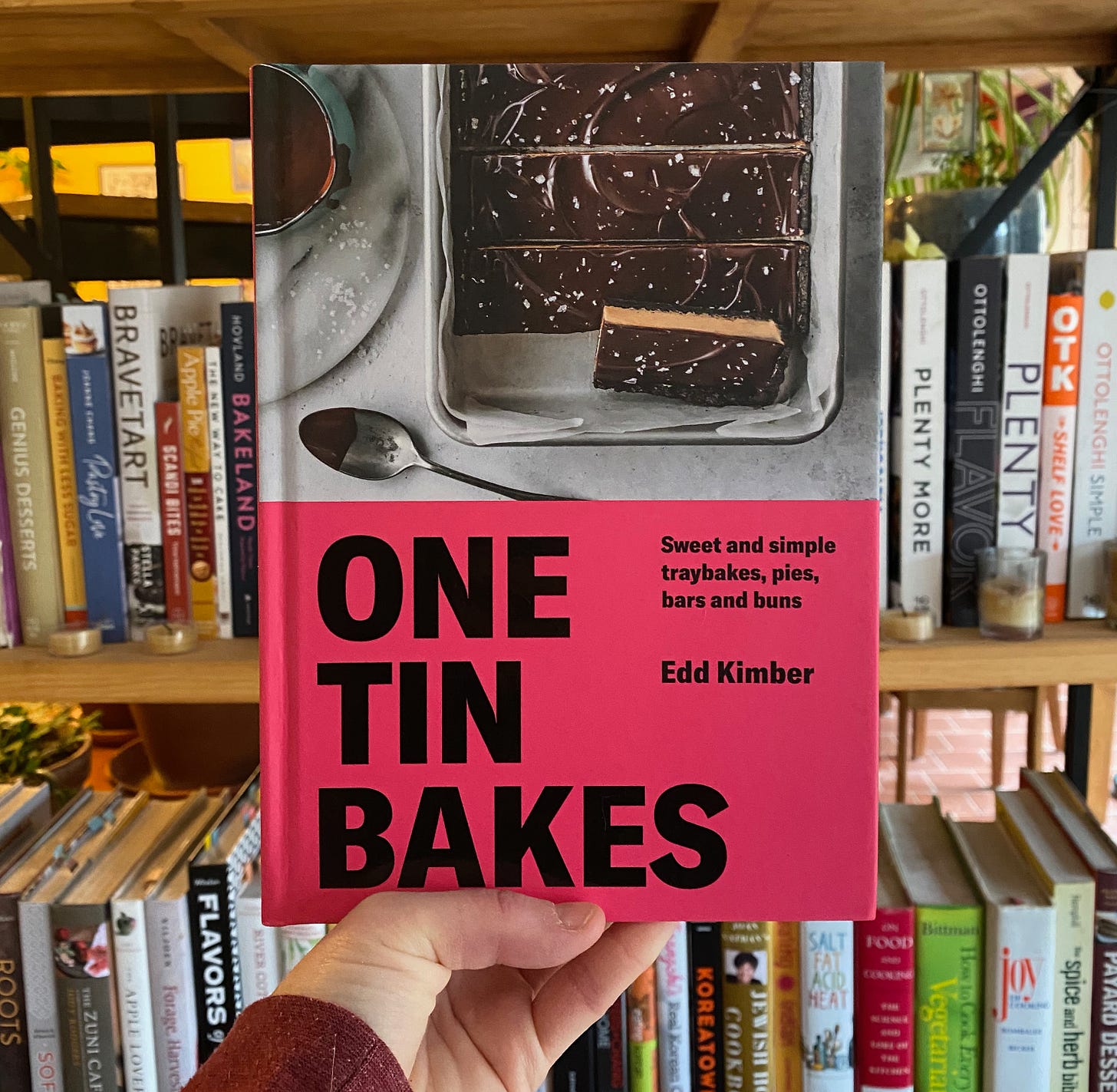

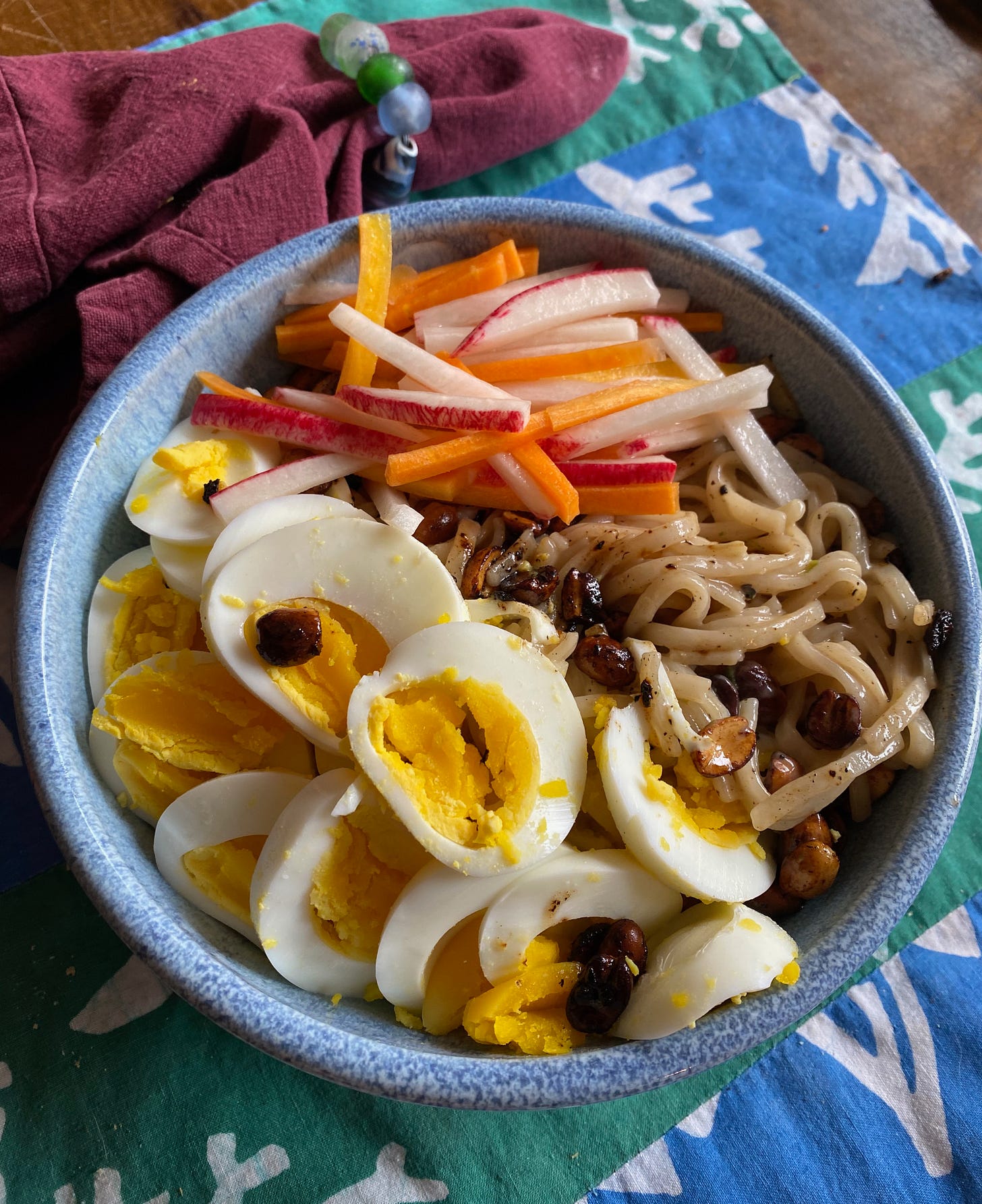
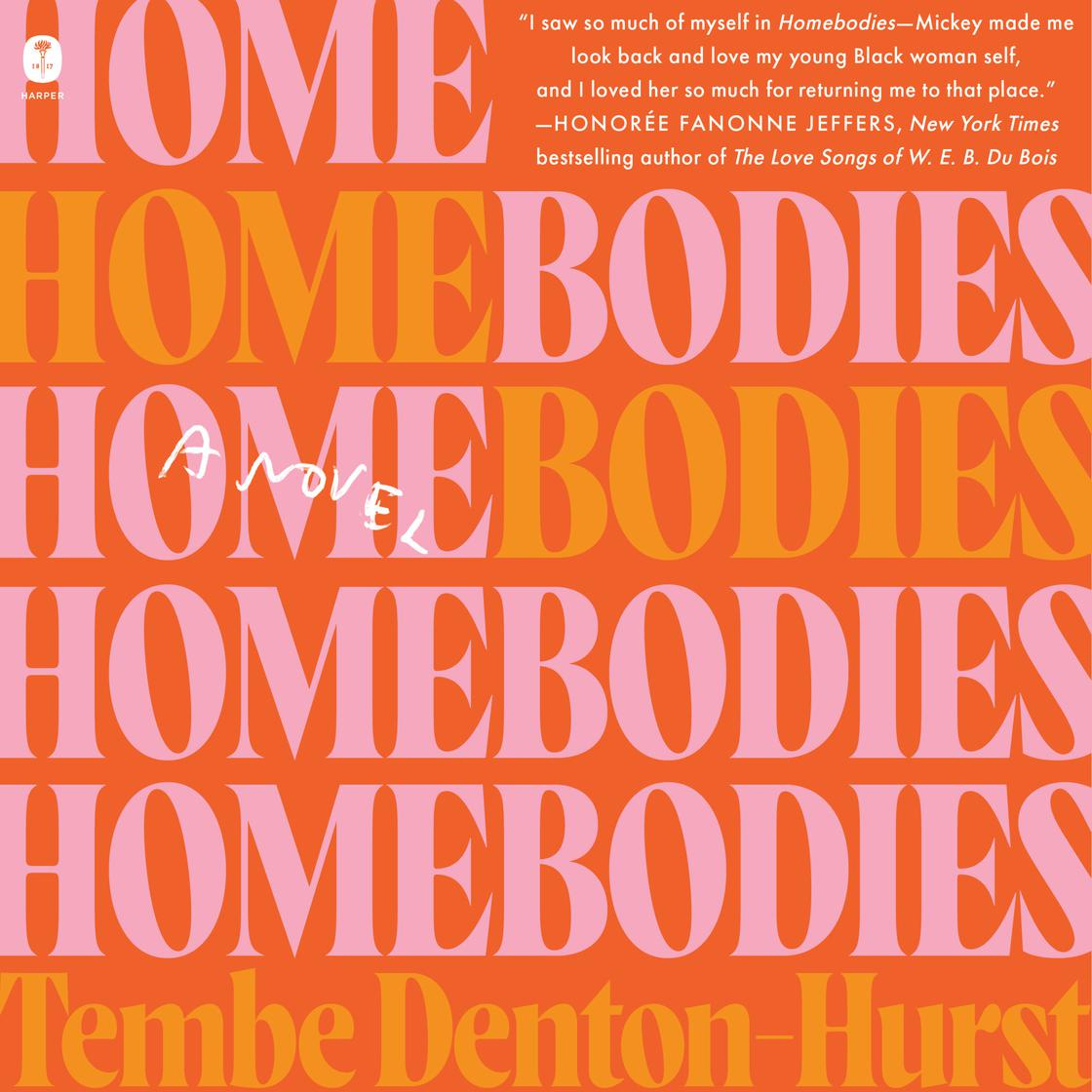
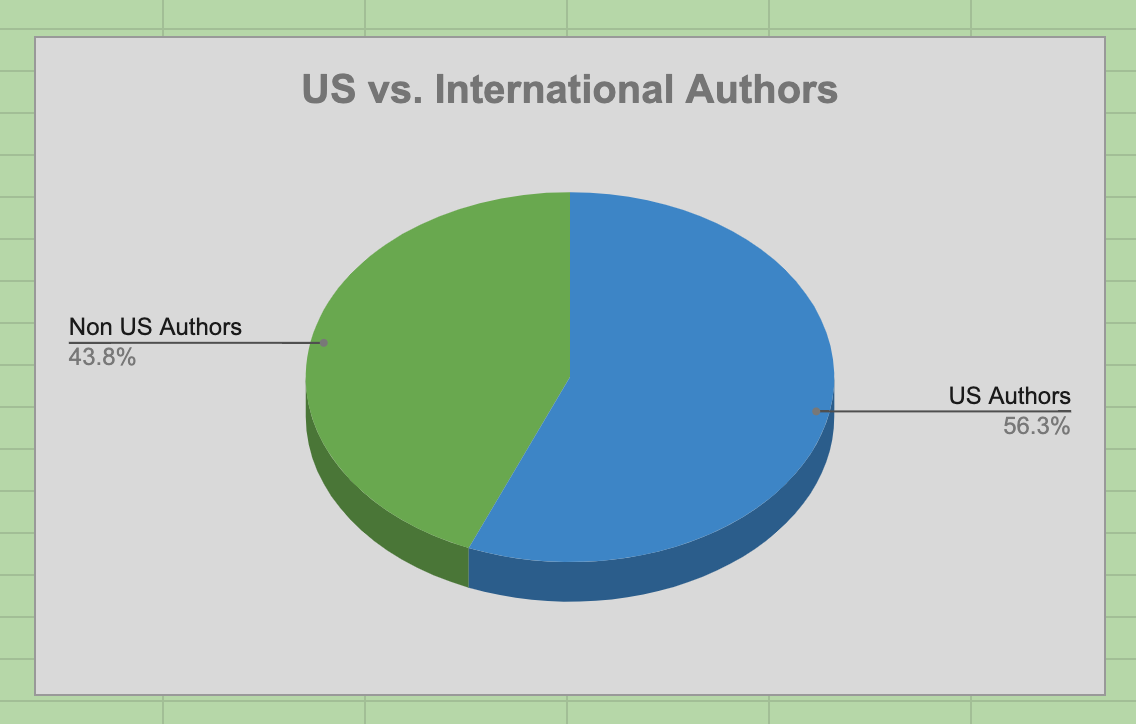
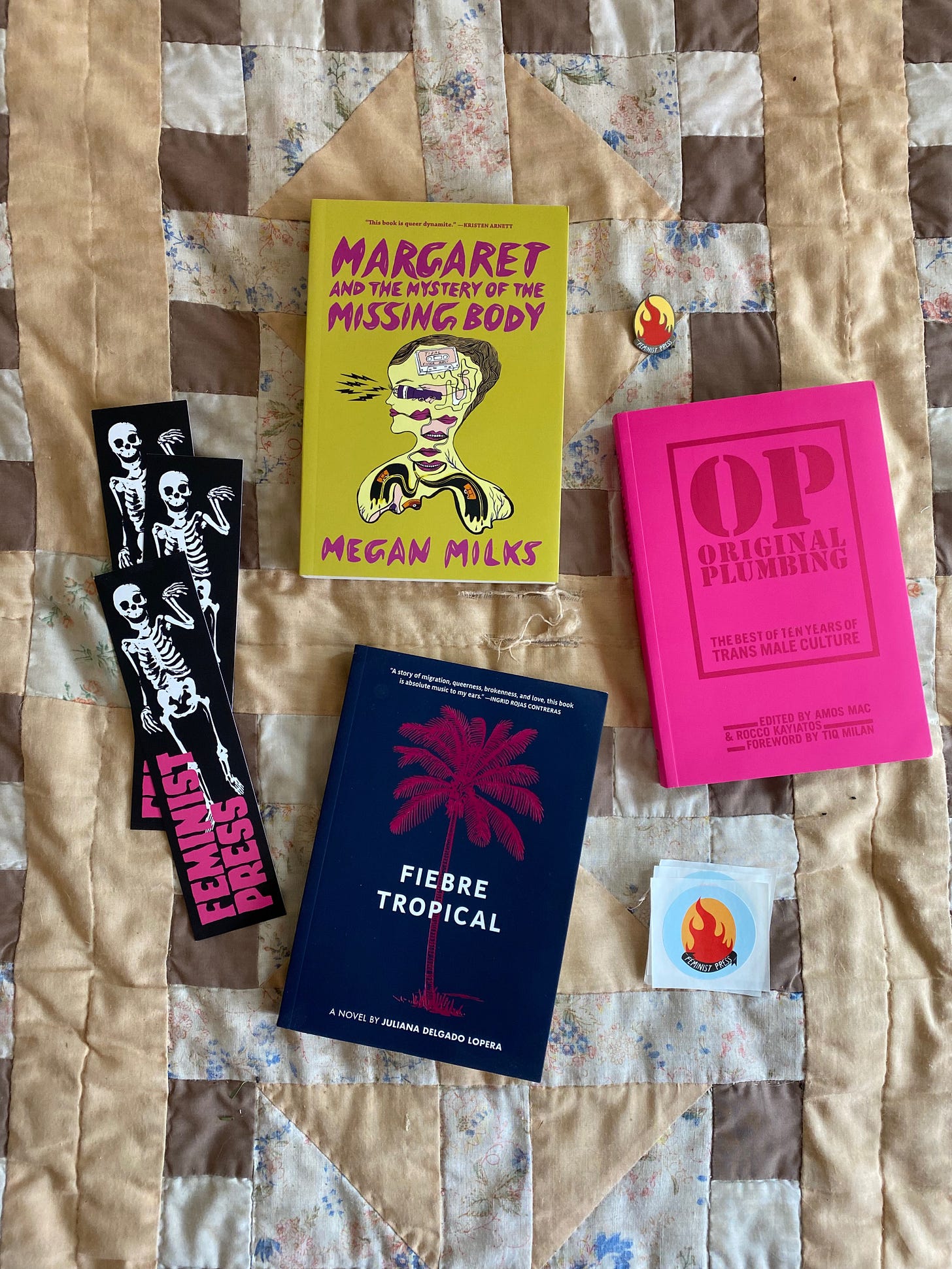

It is so so hard to be a single person trying to find family in a world that is not set up for single people. I am so fortunate to have and love the family I was born into, but I don't live near them, and there are so many things in the world that are just ~not~ for doing solo. I am trying to break out of that by attending events solo, but it's still so difficult sometimes to overcome that anxiety of being the odd one. And I would like to not do things solo forever, but everyone else is already in their group, and our siloed way of communicating now is so difficult to meet people and develop those true friendships we all crave. <3
Laura, the passage about how hard it can be to build and maintain your queer family/kinship ties really hit home with me, as a deeply introverted, single parent who (reluctantly) lives in the suburbs, and is still close with her siblings/parents. It was weirdly reassuring to know it’s not easy, period, to form and maintain adult friendships, because I definitely find it hard.